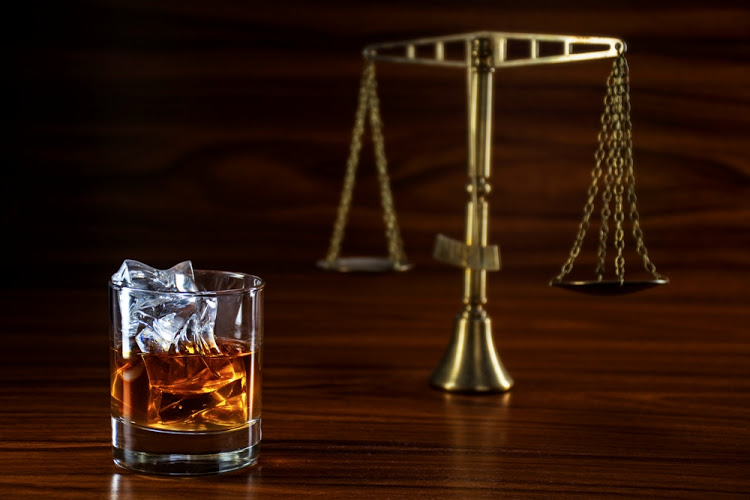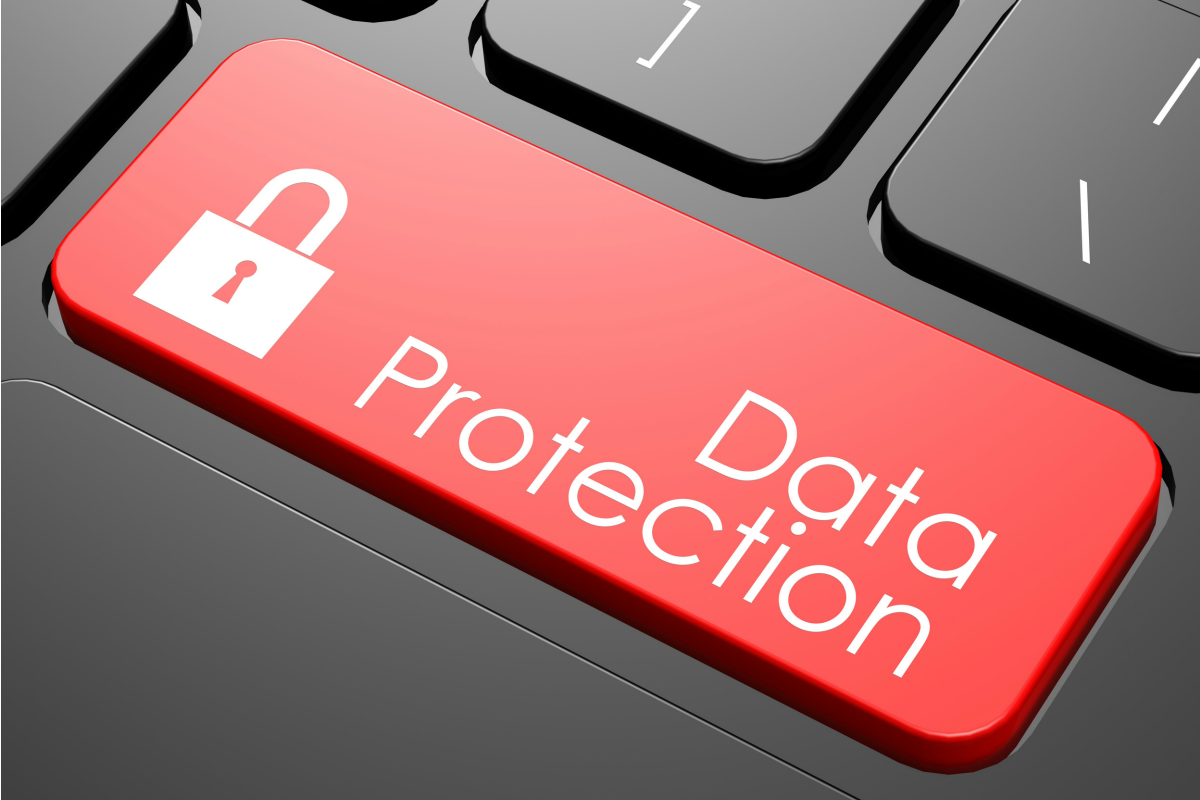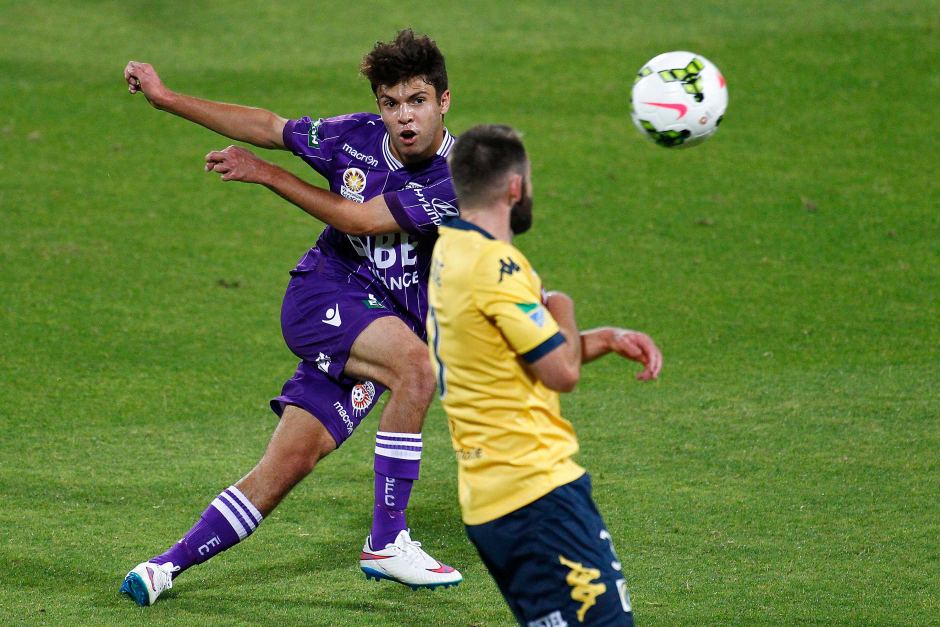26
Mar 2020
LEASES – COVID-19 IMPACT
As the Coronavirus (COVID-19) continues to spread across Australia its impact on commercial arrangements is a serious concern for landlords and tenants alike. The mandatory closure of licensed premises and various quarantining measures have resulted in landlords and tenants discovering that their commercial and retail lease agreements do not deal with unprecedented events like COVID-19. Force majeure clauses in leases are rare to find and rent abatement clauses are generally
11
Nov 2019
NEW LIQUOR LAWS NOW IN OPERATION
The highly anticipated amendments to the Liquor Control Act finally came into force on 2 November 2019. The latest amendments impact on applications seeking the sale of packaged liquor, in particular liquor stores, as well as unrestricted hotel and tavern licences and some special facility licences. There is now a prohibition on granting, removing, altering or redefining packaged liquor premises where: packaged liquor premises are situated less than the prescribed
09
Jul 2018
DATA PROTECTION LAW UPDATE
Data protection is afforded in Australia by the Privacy Act’s in each State and Territory. These laws regulate the collection, use and disclosure of information about individuals and businesses. With the development of technology and the omnipresent threat of cyber-criminals and hackers, the law is constantly needing to evolve to provide sufficient safeguards for the data and personal information of internet users. In 2018, the following legislative developments have reached
Image rights are the right to one’s own image and the ability to decide when, how and by whom one’s physically recognisable features, including image, voice and name, can be captured, reproduced and/or published. In Australia, a person does not necessarily have a proprietary interest in their own image rights, however the law has allowed a person to grant a licence to a third party for the exploitation of one’s
Buildings need to be repaired and maintained otherwise they will deteriorate. Laws also change imposing additional obligations on occupants. We have recently seen Councils and the Licensing Authority imposing additional obligations in order for the building to be compliant for public safety, such as the obligation to install new firefighting water tanks at significant costs due to low water pressure. However, the question is often asked who is responsible for
WHO OWNS A LIQUOR LICENCE? WHAT ARE THE LESSOR’S RIGHTS? It is a common misconception that the licensee owns the liquor licence and that they can take it with them to whatever premises they trade from. Whilst liquor licences are issued to specified persons or entities (the licensee), they are only authorised to sell liquor at an approved licensed premises. Both the licensee and the licensed premises must be approved
10
Jun 2016
Sunday Extended Trading Permits
Sunday Extended Trading Permits Currently the Liquor Control Act 1988 (WA) does not authorise non-metropolitan liquor stores to trade on a Sunday, as a result, many country communities have to travel long distances in order to obtain packaged liquor. Currently the Perth metropolitan area extends from Two Rocks (just north of Yanchep) to Singleton (just south of Rockingham) to the The Lakes (just east of Mundaring). A licensee can, however,






